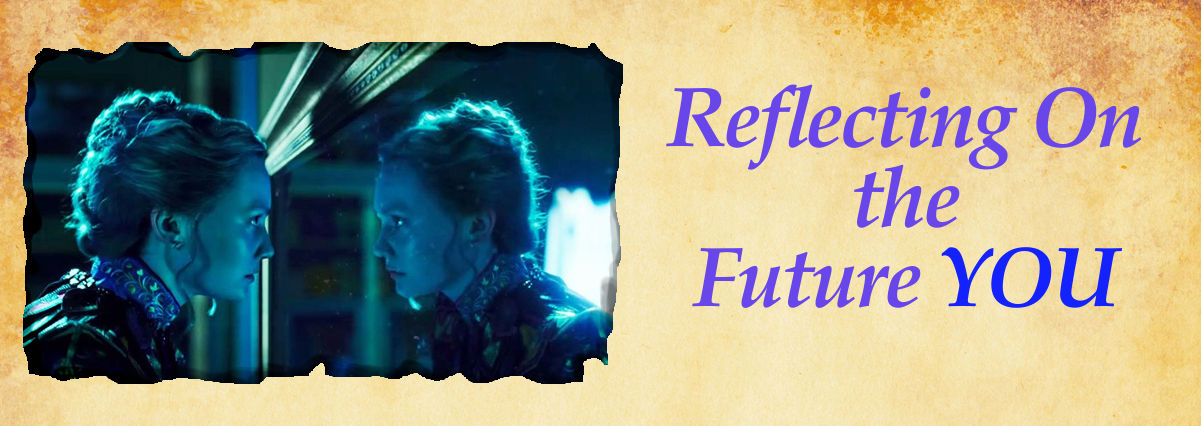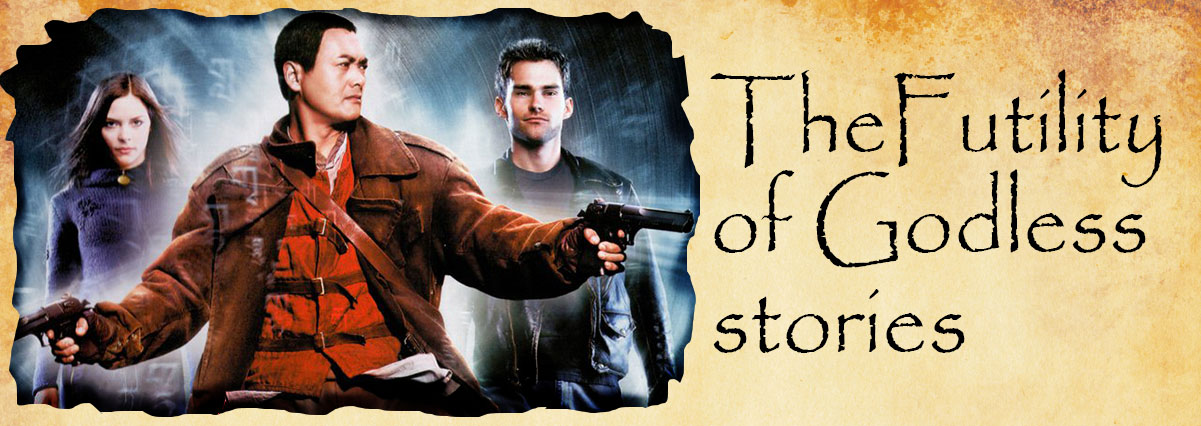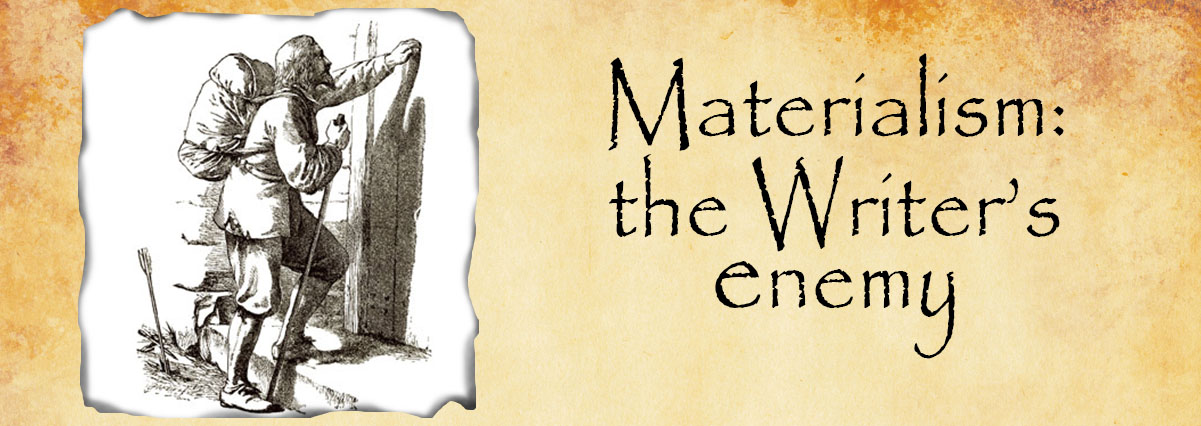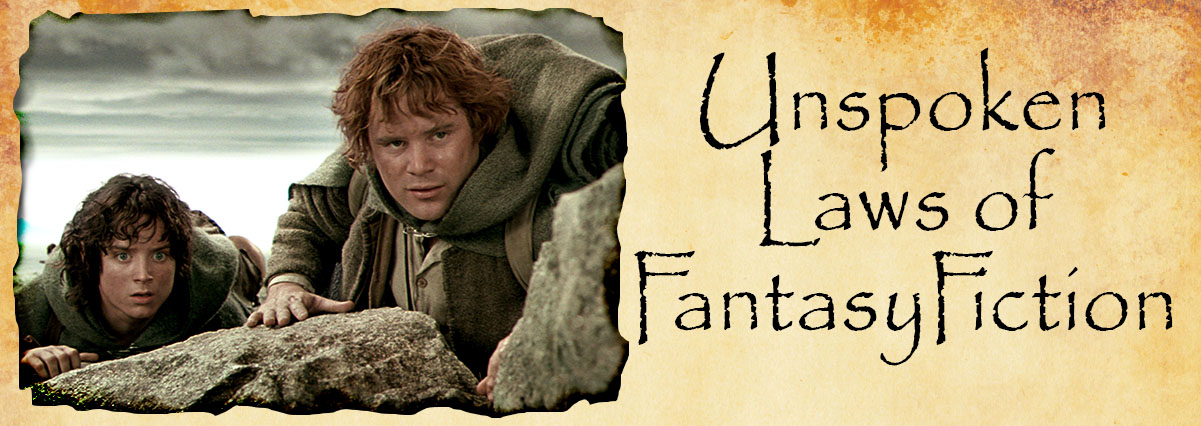Destructive effects of feminism on fiction
In the worldview of those who agree that God created a natural order of things, we understand that Adam was created first and then Eve. In the world today this is constantly challenged on many levels. From the patriarch Abraham and continuing through the New Testament it was made clear that God’s intention was that a healthy understanding of the place of the man and the place of the woman was key to the success spiritually and relationally. Looking at the move toward stories that are dominated by domineering fictional women, we see a trend and a movement away from the natural order.
This may offend some, and you should feel free to disagree. It is fun to hash out our differences of opinion. But I am a big proponent of understanding things as they were originally intended, not as we culturally want them to be. And our culture is pushing things farther and farther away from how God designed it to work.
Feminism, by definition, is: the advocacy of women’s rights on the basis of the equality of the sexes.
I have often heard it argued by other Christians that men and women really are equal. But in order to believe that you have to discredit the tradition as taught by the apostles, that the man is the head of the wife and she is to be obedient to him. You must ignore Levitical law that placed men in preeminence in society and in their households. You must ignore the natural physical dominance of men. And you must discredit the fact that families where the man leads, the wife follows, and the children are in subjection, where the man is trying to lead in the Lord’s will, is the most effective kind of household there is. They are more effective at work, at play, and spiritually more satisfied because they feel secure in the order of authority God placed on the household.
When women seek equality with men (as is being proliferated throughout much of the world today) they remove themselves from their strength zone. Women are naturally more nurturing than men. The most nurturing of men is not nearly so nurturing as the most nurturing of the women. According to scripture they are the weaker vessel. Unfortunately present society instructs us that this is a horrible way to think.
They are spreading lies, and the result is confusion. Spiritual and moral confusion, as well as relational confusion.
How sad that that which is most precious and beautiful is being cast into the mud!
What is beautiful is a woman who is meek, who is a help suitable to her husband. Who is a daughter working diligently and learning under her father’s authority. Who is not independent but is dependent on her male authorities and on God.
It is well said that a man’s sinful tendencies revolve around giving up the authority God wishes him to exercise in his home. It is equally well pointed out that a woman’s sinful inclination is to manipulate that control from the man. To each gender God has given great and unique purpose. And each must beware their weakness.
Fiction writers today, especially those of us who profess Christ, must beware that our writing does not encourage feminism. Through the tale of a strong heroine do not neglect to demonstrate virtue to the reader. When the heroine is in a position to surmount the man’s authority, let her do so only if his actions are in opposition to God’s. Demonstrate her humility as she puts herself under authority and excels in virtue so that young women will aspire to be more like that heroine. Show a woman that is kind and nurturing, wise and discreet. Make her unlike the modern woman. Show that she thrives on hard work, and show that she loves children.
I truly believe that the corruption of womanhood that we are witnessing in society will be laid bare, exposed for the farce that it is. Rather than freeing women, feminism alienates them from good responsible men and from their God-given strengths.
History shows that societies rise and fall, they change and move on. What never changes is the will of God. He created gender for a reason.
Q: What thoughts do you have on how feminism or the view of the relationships of men and women relate to writing?





